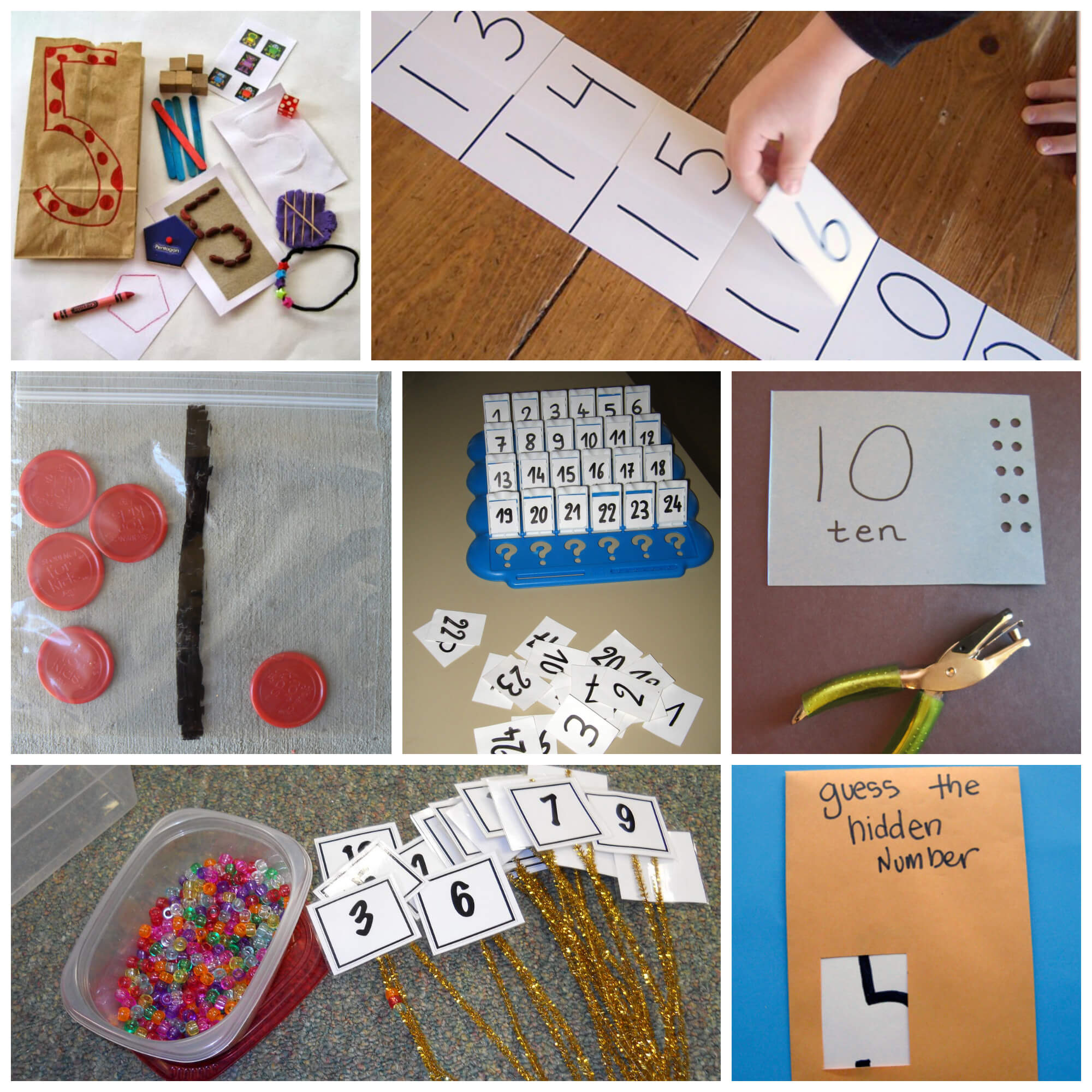

Since the odds of winning were 999:1 against the bettors, the expected profit for racketeers was enormous. Different policy banks would offer different rates, although a payoff of 600 to 1 was typical. Also, unlike state lotteries, bookies could extend credit to the bettors and policy winners could avoid paying income tax. Initially, it instead ran by means of the sale of serially-numbered tickets, and at another point, the numbers drawn ran from 1 to 75.īy the early 20th century, the game was associated with poor and working-class communities, as it could be played for as little as a penny. During part of its run from 1868 to 1892, the Louisiana Lottery involved drawing several numbers from 1 to 78, and people wagering would choose their own numbers on which to place a bet. Other sources date the origin of Policy, at least in its most well-known form, to 1885 in Chicago. It was known in Cuban-American and Puerto Rican communities as bolita ("little ball"). gambling takes in the city of New York, is what is known as policy playing." It flourished especially in working class African American and Italian American communities across the country, though it was also played to a lesser extent in many working class Irish-American and Jewish-American communities. In 1875, a report of a select committee of the New York State Assembly stated that "the lowest, meanest, worst form. "Policy shops", where bettors choose numbers, operated in the United States prior to 1860. The name "policy" is based on the similarity to cheap insurance, which is also a gamble on the future. Runners carry the money and betting slips between the betting parlors and the headquarters, called a numbers bank.Ĭlosely related is policy, known as the policy racket, or the policy game.

Gamblers place bets with a bookmaker ("bookie") at a tavern, bar, barber shop, social club, or any other semi-private place that acts as an illegal betting parlor. For many years the "number" has been the last three digits of "the handle", the amount race track bettors placed on race day at a major racetrack, published in racing journals and major newspapers in New York. The numbers game, also known as the numbers racket, the Italian lottery, Mafia lottery or the daily number, is a form of illegal gambling or illegal lottery played mostly in poor and working class neighborhoods in the United States, wherein a bettor attempts to pick three digits to match those that will be randomly drawn the following day. "Cut number" redirects here "cut number" also refers to the codes used to identify pasta varieties.


 0 kommentar(er)
0 kommentar(er)
